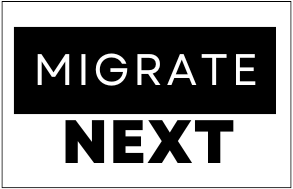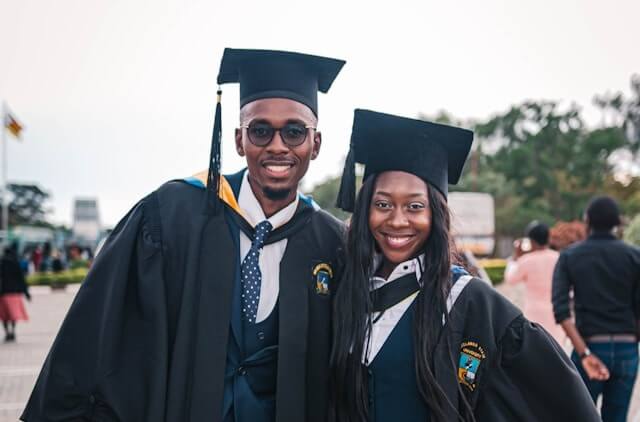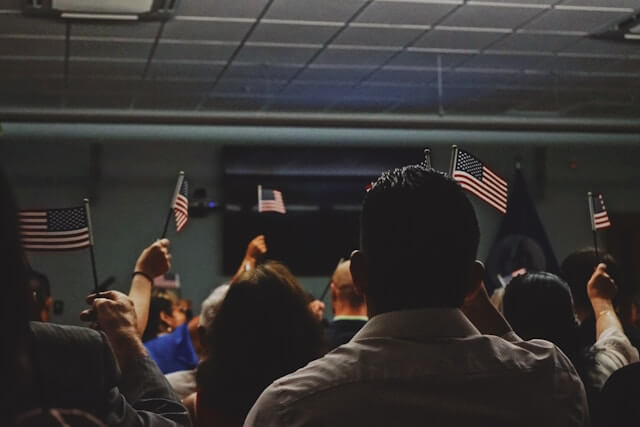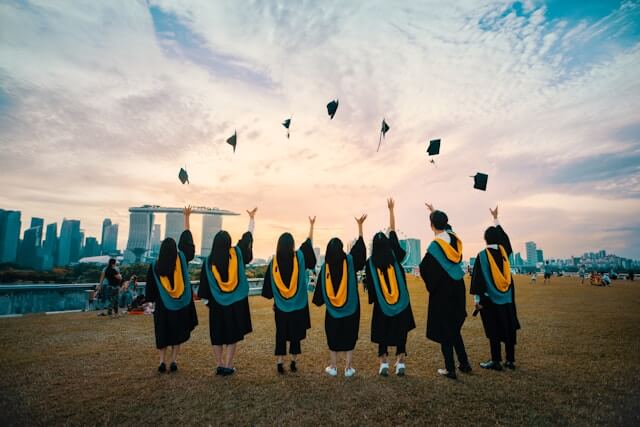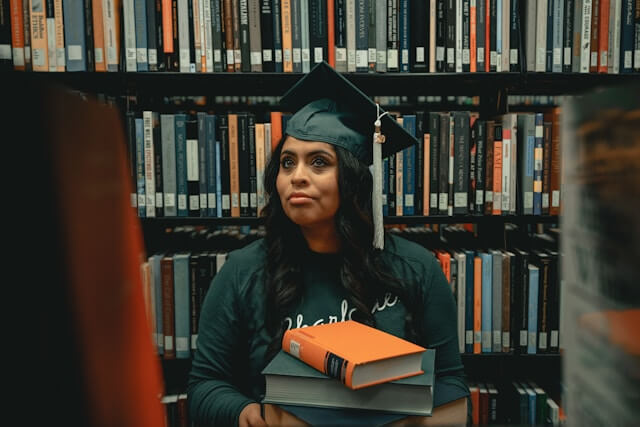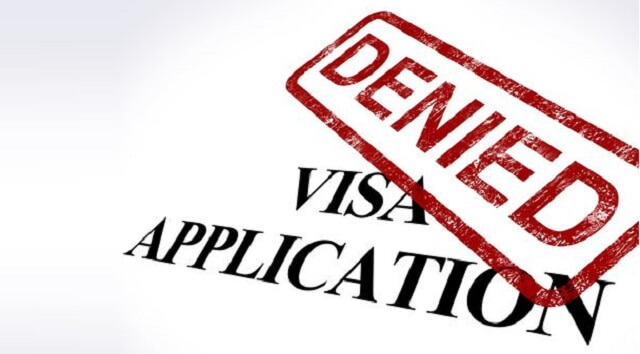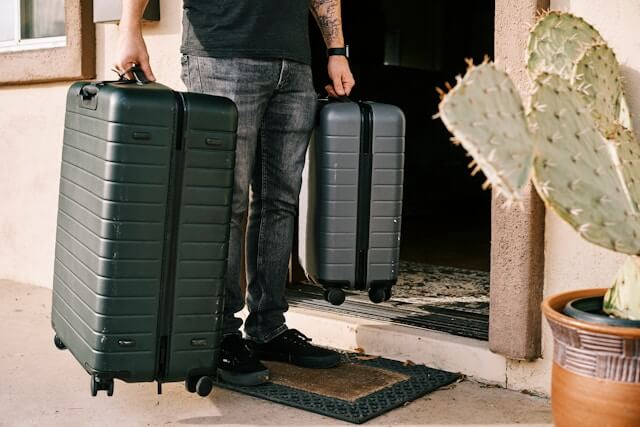Would you like to know the most common questions to expect when going for U.S. visa interview? We’ve got you covered.
Getting a visa is a necessary requirement for traveling to another country. Based on your nationality and travel duration, you may find that you need to apply for a US visa for tourism, study, or other purposes.
For this reason, a visa interview is a big deal. For a lot of people, it means sweaty palms and nervous anticipation. But this doesn’t have to be you.
Many people who have traveled to the United States passed through this successfully. If you’re wondering what they did differently, you’re not alone.
The answer is in preparing thoroughly for any questions you may encounter. To help you, this article will explore some popular U.S. visa interview questions and how to answer them confidently.
20 Popular U.S. Visa Interview Questions and Answers
Here are some likely questions U. S. Visa applicants will hear on the day of the interview. Pay attention to them and practice them thoroughly.
1. Can you tell me about your purpose of visiting the United States?
Answer:
The way to answer this question is to be specific about your purpose for the trip. State clearly whether you’re traveling for study, tourism, business, or visiting family/friends. If possible, provide details about how you intend to spend your time in the United States when you get there.
2. How long do you plan to stay in the United States?
Answer:
Tell the visa officer how long your visit will be for. Explain to them why it has to be that length of time. If you have specific plans or reservations, mention those as well to demonstrate your preparedness and sincerity.
Also Read: How to Decide Which Country to Apply for Schengen Visa
3. What ties do you have to your home country?
Answer:
The officer wants to ensure that you have strong ties to your home country and are likely to return after your visit. Discuss your job, family, property ownership, or other commitments that bind you to your home country.
4. Do you have relatives or friends in the United States?
Answer:
This is a yes or no answer. Be honest about any connections you have in the U.S. Provide information about your relationship with them and clarify the purpose of your visit, emphasizing that you have no intention of overstaying your visa.
5. Have you been to the United States before?
Answer:
If you have, provide details about your previous visits, including the purpose of your trip and whether you adhered to the terms of your visa. If this is your first time, express your excitement about experiencing the country for the first time.
6. What do you do for a living?
Answer:
Discuss your occupation, employer, and job responsibilities. Emphasize the stability and reliability of your job to assure the officer that you have the means to support yourself during your stay in the U.S.
7. How much do you earn?
Answer:
Provide an accurate estimate of your income. If necessary, show proof of your finances, such as bank statements or employment contracts, to demonstrate your ability to cover your expenses during your visit.
8. Do you have travel insurance?
Answer:
If you have travel insurance, provide the details. If not, explain your reasons for not having it and assure the officer that you have other means to handle any unexpected medical expenses during your trip.
9. Who is sponsoring your trip?
Answer:
If someone else is funding your trip, provide their details and explain your relationship with them. If you’re sponsoring your trip, discuss your financial capacity to cover your expenses.
10. Have you ever been denied a visa to the United States or any other country?
Answer:
Be honest about any previous visa denials and provide explanations if necessary. Assure the officer that you have addressed any issues that led to the denial and that you are applying with genuine intentions.
11. What are your travel plans within the United States?
Answer:
Outline your itinerary, including the places you plan to visit and the activities you intend to engage in. Provide evidence of your bookings and reservations to demonstrate the thoroughness of your planning.
12. Do you have any criminal record?
Answer:
If you have a criminal record, disclose it honestly and provide details about the nature of the offense and any penalties served. If you have a clean record, simply answer no.
13. How do you plan to finance your trip?
Answer:
Discuss your sources of funding, including savings, loans, or sponsorships. Provide evidence, such as bank statements or income statements, to support your claims.
14. Are you married?
Answer:
If you’re married, provide details about your spouse and their employment status. If you’re unmarried, simply answer no and provide any additional information if required.
15. Do you have children?
Answer:
If you have children, provide details about them, including their age and whether they will accompany you on your trip. If you don’t have children, simply answer no.
16. What will you do if your visa application is denied?
Answer:
Express your disappointment but assure the officer that you will respect their decision. Discuss your plans to address any issues that may have led to the denial and your intention to reapply if necessary.
17. Have you made any arrangements for accommodation in the United States?
Answer:
Provide details about your accommodation arrangements, including hotel reservations or staying with friends/family. If you haven’t made any arrangements yet, explain your plans to do so before your departure.
18. What do you know about the United States?
Answer:
Demonstrate your knowledge of the country by discussing its culture, history, geography, and attractions. Express your excitement about experiencing the unique aspects of American life during your visit.
19. Do you intend to work or study in the United States?
Answer:
If you have employment or educational opportunities lined up, discuss them with the officer and provide relevant documents to support your plans. If not, assure them that you have no intention of engaging in unauthorized employment or study.
20. How do you plan to return to your home country after your visit?
Answer:
Provide details about your return ticket or other arrangements for leaving the United States. Assure the officer that you have no intention of overstaying your visa and that you have strong ties to your home country that will compel you to return.
Tips for a Successful Visa Interview
1. Dress Formally
Since you’re going to a formal environment, it’s wise to leave the casuals at home and dress with some seriousness. Suits, dress skirts, and other formal wear can serve the occasion.
If you must dress in native attire, keep it simple with little or no makeup or accessories.
2. Prepare Thoroughly for the Interview
The best time to prepare for a visa interview is not on the morning of the interview. You’ll feel ready and more confident if you practice some visa interview questions way ahead of time (like the ones we’ve listed above).
Get your friends or family to help you with mock interview sessions. If you have more time, you can also watch more visa interview questions on YouTube or reach out to anyone that has had a successful visa interview for personal guidance.
3. Arrive at the Consulate Office on Time
This sounds like a cliché, but punctuality is still the soul of business. You don’t want to come in late for your interview and start off on the wrong foot.
Plan your journey to the consulate office carefully, taking into account traffic and other potential delays. Being early also gives you some time to calm your nerves before the interview.
4. Bring All Required Documents
Make sure you have all the necessary documents with you when you go for your visa interview.
This includes your passport, form DS-160 (visa application form), passport photographs, bank statements, admission letters and any other documents specified by the consulate. Organize them neatly in a folder so you can easily access them when needed.
5. Be Honest and Consistent
Honesty is key during a visa interview. Don’t lie or exaggerate about any aspect of your application.
Be truthful about your intentions for visiting the United States and provide accurate information during the interview. Inconsistencies in your answers can raise red flags and jeopardize your chances of getting the visa.
Conclusion
It’s important to bear in mind that a visa interview is usually mainly conversational. Which is why you need to know what to expect so you can get your answers ready.
Also keep in mind that the intensity of the questions will tilt towards the major reason for your travel. Nevertheless, if you follow these tips and familiarize yourself with popular U.S. visa interview questions and answers, you can increase your chances of success and approach your visa interview with confidence.
Remember, preparation is key, so invest all the time and effort you need to, to ensure that you’re ready to impress the visa officer and secure your visa to the United States. Safe travels!
